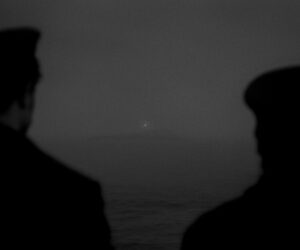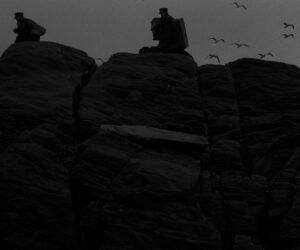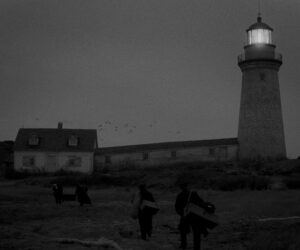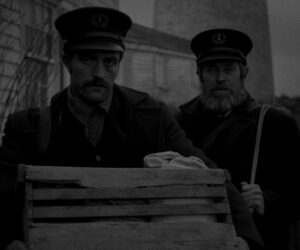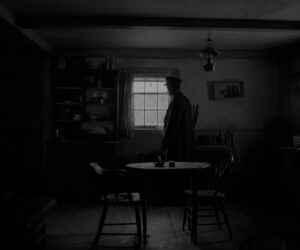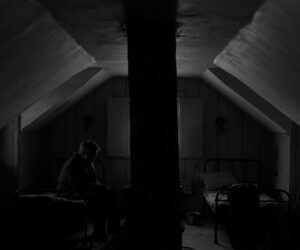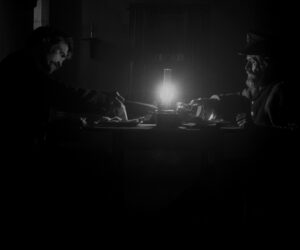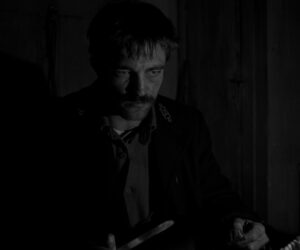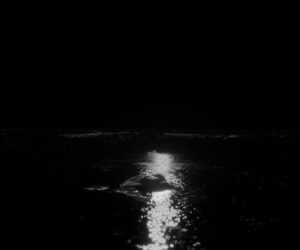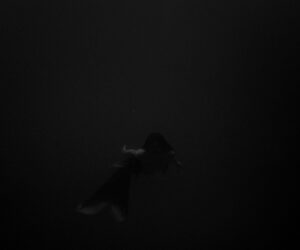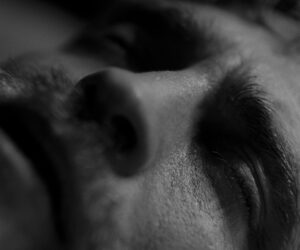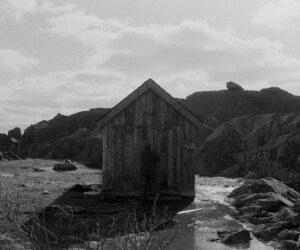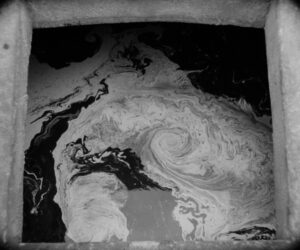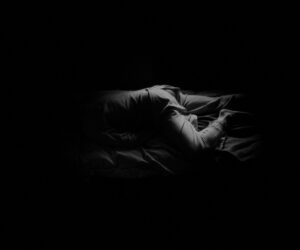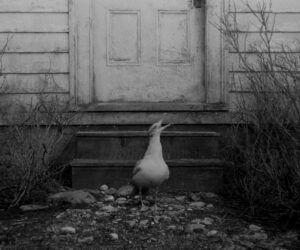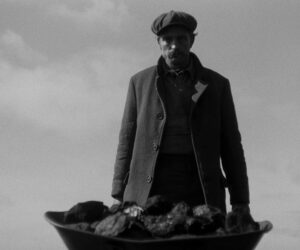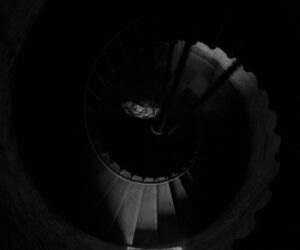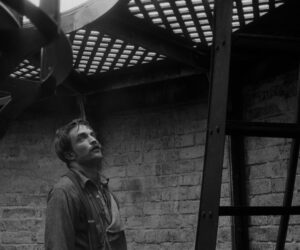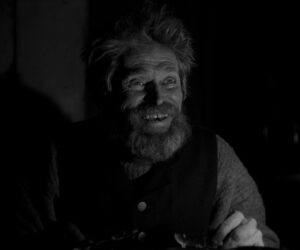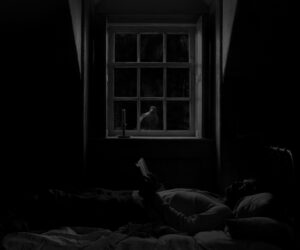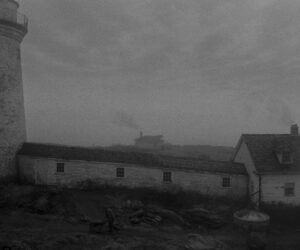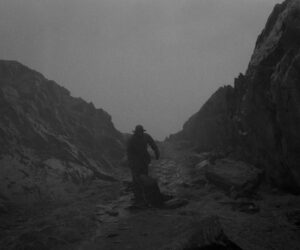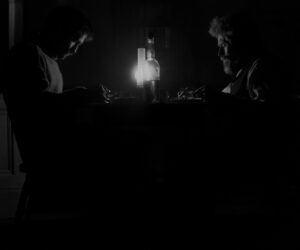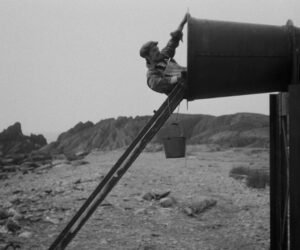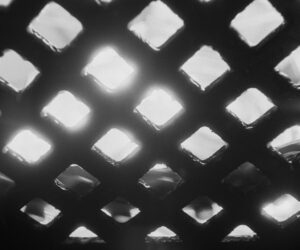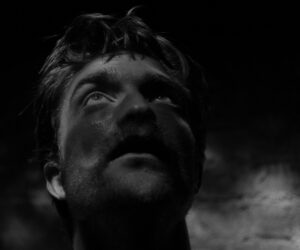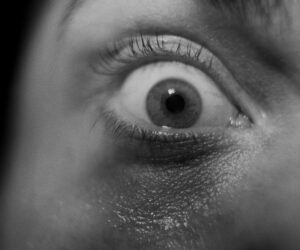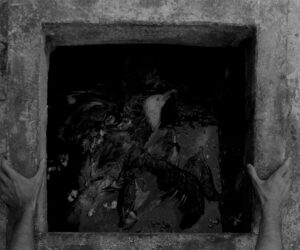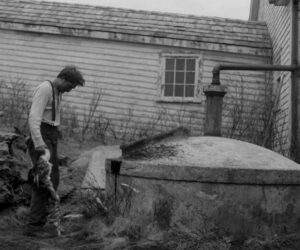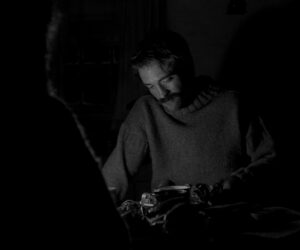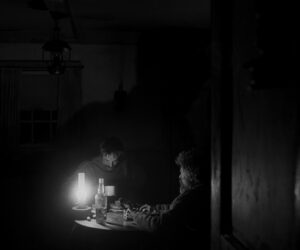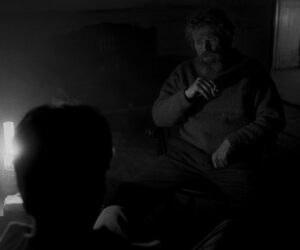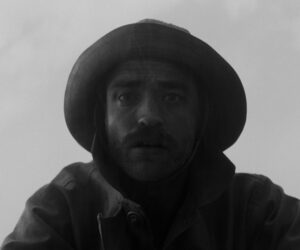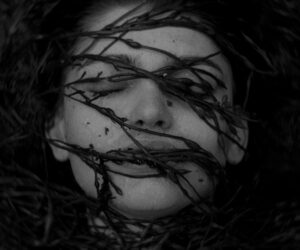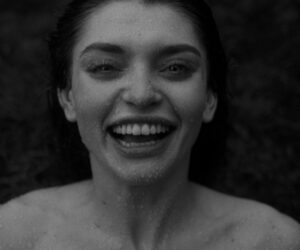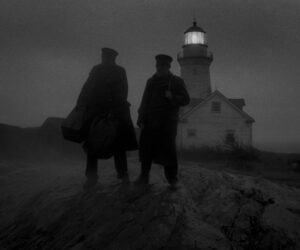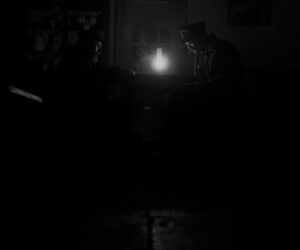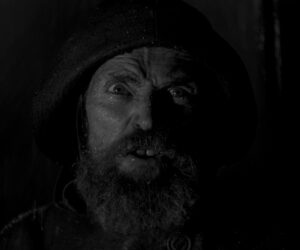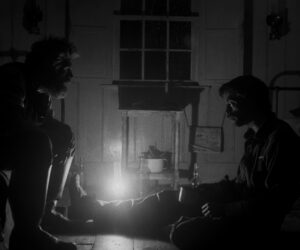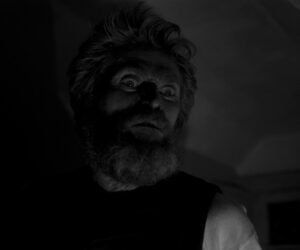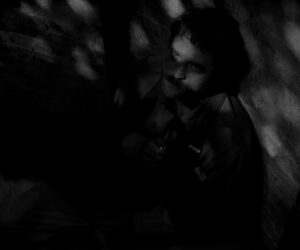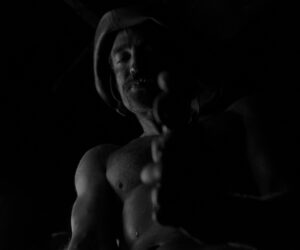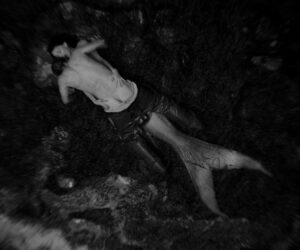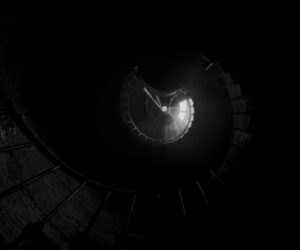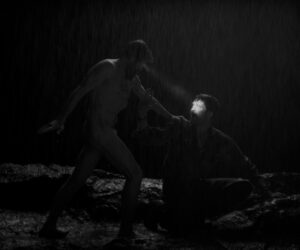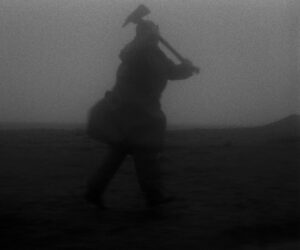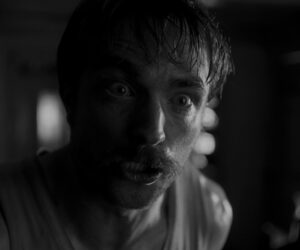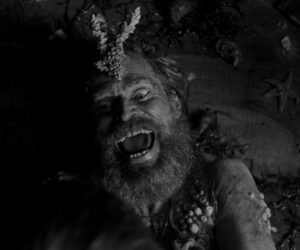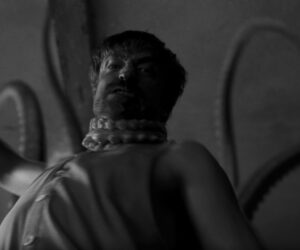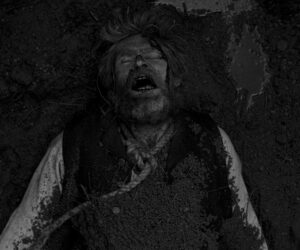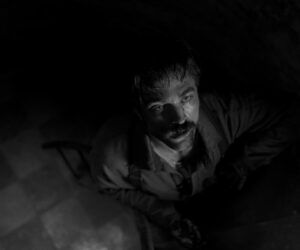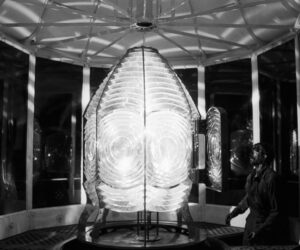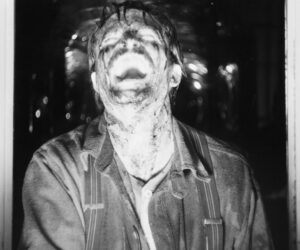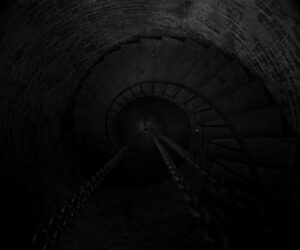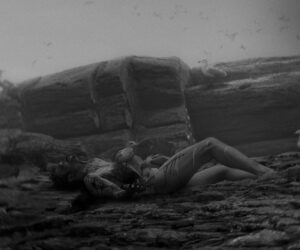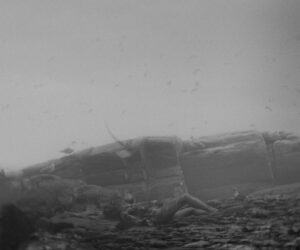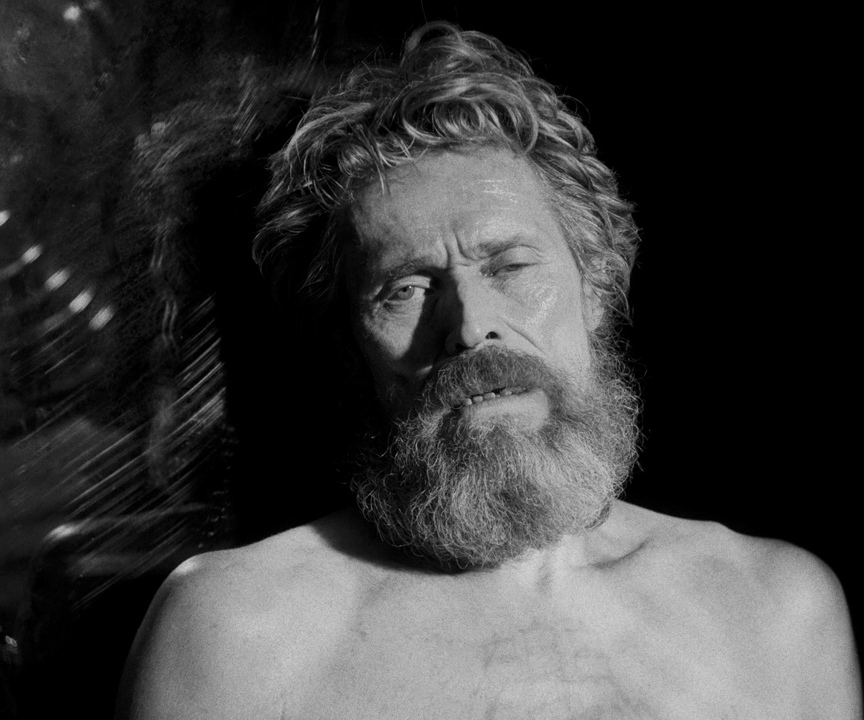
Robert Eggers cracked open the human mind like an egg and let all the ugly stuff spill out when he made The Lighthouse. It’s about identity collapse, power struggles, guilt, madness, and how isolation peels your soul down to the bone.
Let’s analyze the rotting, slippery psychology at the heart of The Lighthouse.
Isolation: The Oldest Reason to Madness
You don’t have to be a scholar to know humans aren’t built for loneliness. But The Lighthouse shows you what really happens when you’re cut off from the world, trapped with nothing but your own mind, another unstable man, and endless screeching gulls. Winslow (Robert Pattinson) and Wake (Willem Dafoe) are prisoners, not lighthouse keepers. Day after day, their world shrinks. No outside voices. No change in scenery. Just work, drink, and silence… until the silence gets so loud it starts screaming. The mind turns on itself. Memories twist. Paranoia blooms. Reality slips.That’s why isolation isn’t just background noise here, it’s the true villain of The Lighthouse.
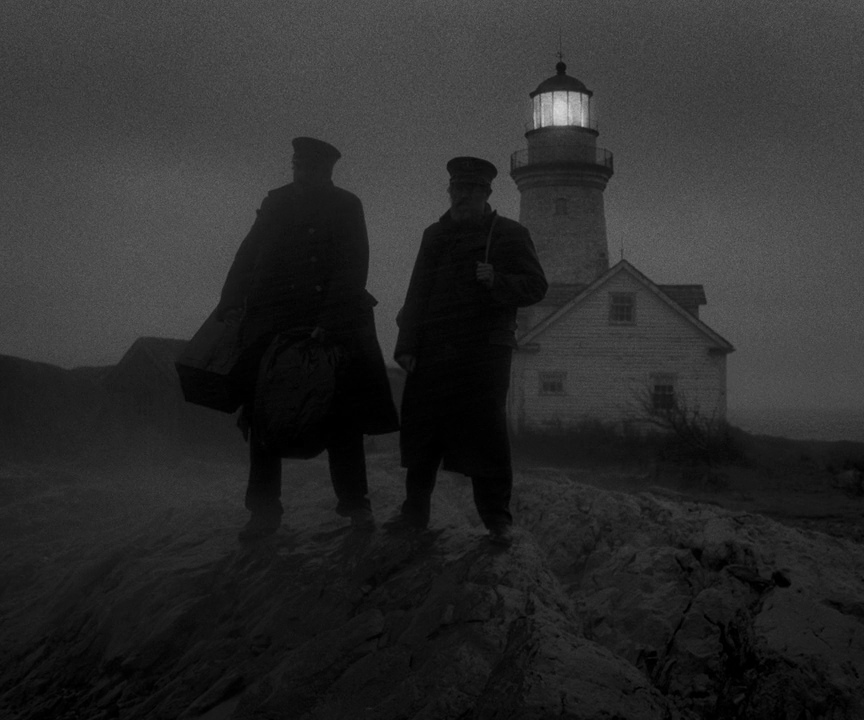
Power and Control: Dominance Games Gone Wrong
From the second Winslow steps onto the island, Wake asserts dominance. He orders him around, humiliates him, plays mind games. Wake guards the lighthouse’s beam like a jealous god, keeping Winslow stuck scrubbing floors and shoveling coal. But here’s the ugly truth: Winslow wants the power too. The more he’s pushed down, the more he wants to climb up, even if it means violence, betrayal, or madness. Eggers nails the psychology here: when you trap two men together and force them into a rigid hierarchy, it doesn’t take long before one tries to destroy the other. It’s dominance psychology. Alpha versus beta. Predator and prey. And it keeps flipping, back and forth, as they drink and hallucinate and lose every last scrap of human decency.
The Mythology of Madness: Prometheus, Proteus, and the Lighthouse Light
The beauty of The Lighthouse is how it feels ancient and primal even while it’s happening in the 1890s. The light itself is forbidden knowledge. It’s power. It’s the fire stolen by Prometheus, and Wake is the old sea god Proteus, keeping it hidden away. Winslow’s obsession with the light, touching it, seeing it, being inside it, mirrors every old myth about men who wanted too much and paid in blood and madness. At the end of the day, The Lighthouse isn’t about the real world. It’s a story about what happens when men chase things their minds aren’t strong enough to handle.
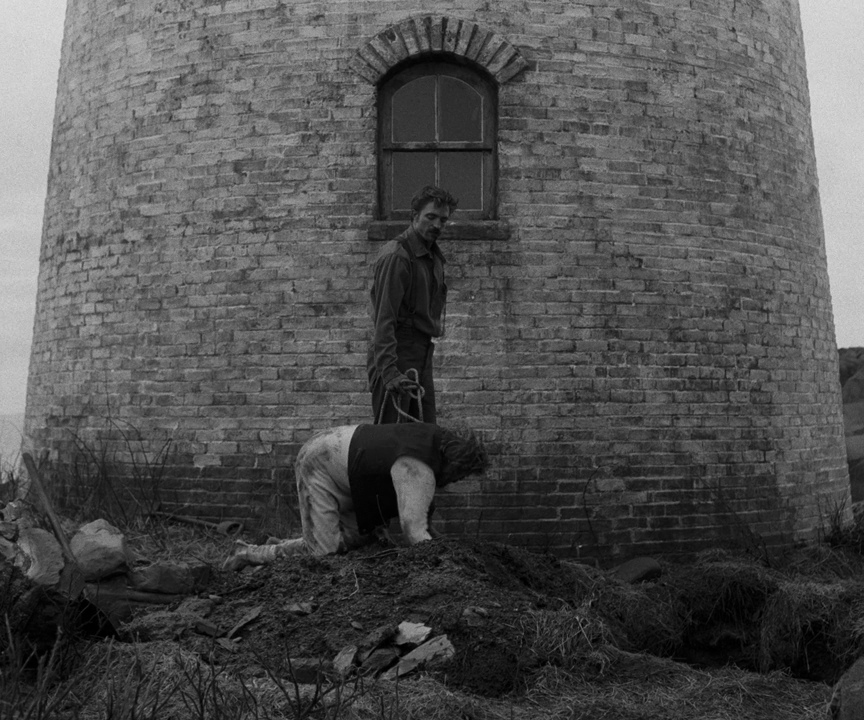
Alcohol, Delirium, and the Destruction of the Self
At first, the drinking feels almost like a joke. Two miserable guys getting sloshed because there’s nothing better to do. But the booze is a slow motion gunshot to their sanity. Every drink blurs the line between real and unreal. Wake’s insane sailor tales, the visions of mermaids, the sexual hallucinations, all of it is egged on by alcohol poisoning their already fragile brains. By the time the storm hits, and the provisions run out, they’re not drinking for fun anymore. They’re drinking turpentine mixed with honey.
Turpentine.
That’s not a joke. That’s suicide.
Eggers is brutally honest here: in the end, they aren’t even men anymore. They’re barely recognizable lumps of fear, rage, guilt, and madness.
The Collapse of Identity: “I’m Winslow!”
One of the most gutting parts of the movie comes when Winslow admits… he’s not even Winslow. He’s Thomas Howard, a man running from a guilty past, trying on a new identity like a mask.But isolation strips that mask right off. Underneath all his lies and bravado, Winslow is just another broken man who can’t escape himself. And that’s the final cruelty of The Lighthouse: you can run to the ends of the earth, but you can’t outrun your own mind.
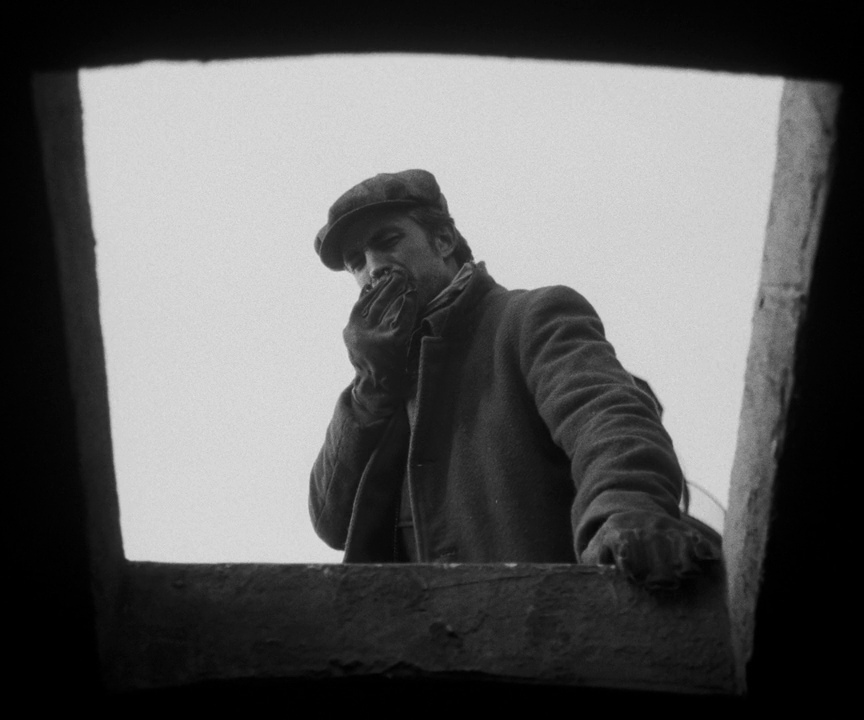
In the End, The Mind Always Breaks
The Lighthouse is a psychological horror film in the truest sense. It’s not scary because of monsters or jump scares. It’s scary because it shows you how little it actually takes to shatter a human being. A little isolation. A little guilt. A little forbidden knowledge. And then… crack. Robert Eggers didn’t just make a movie. He made a warning. When the mind is left alone too long, it will eat itself alive.
